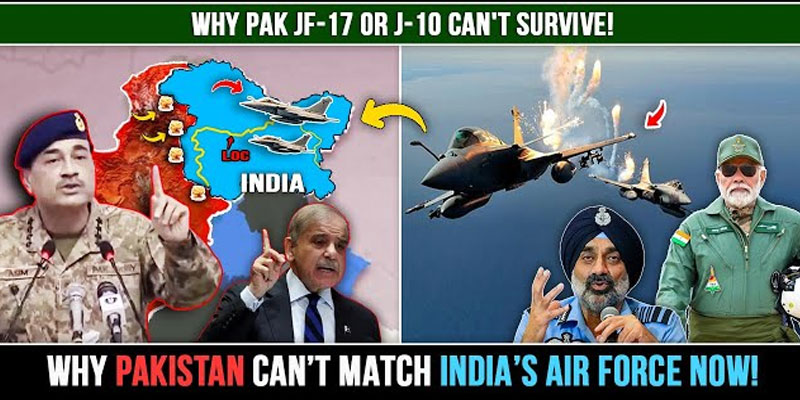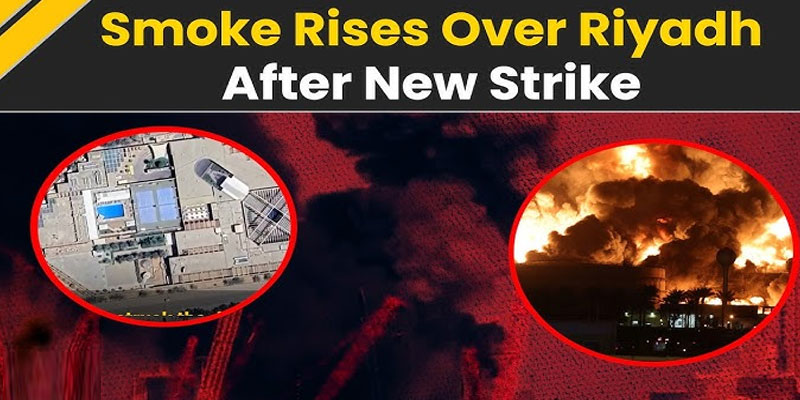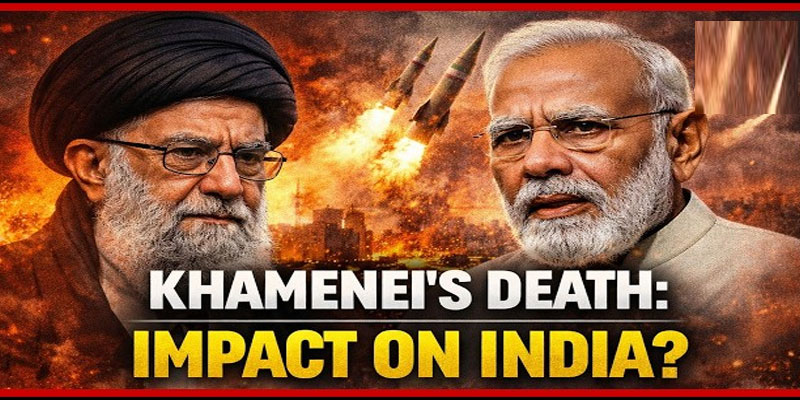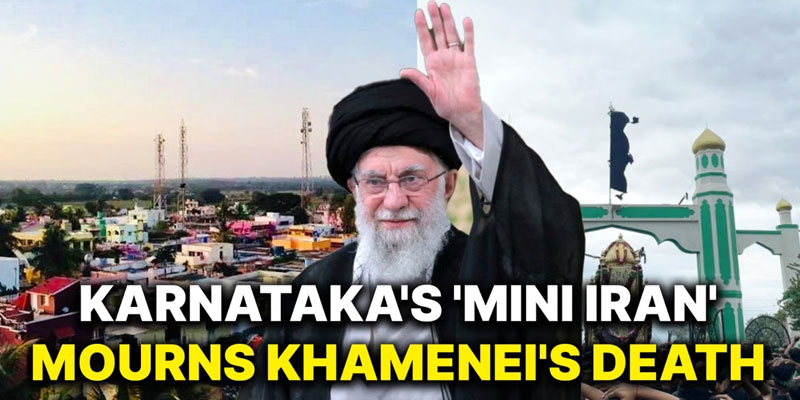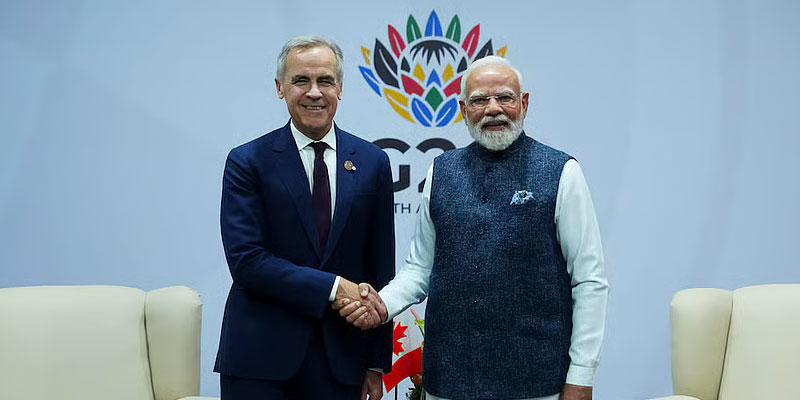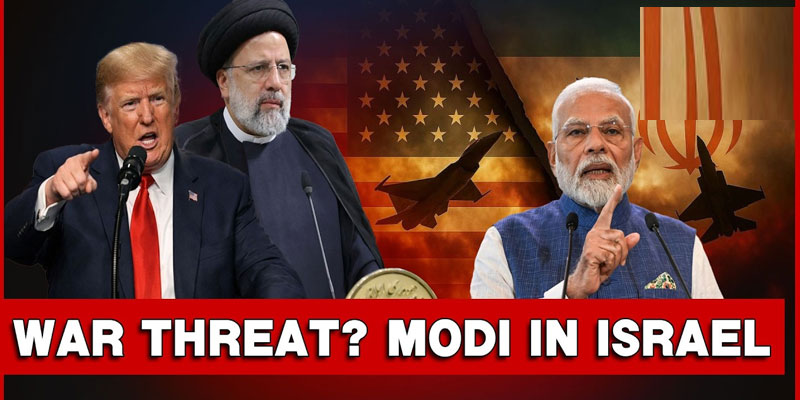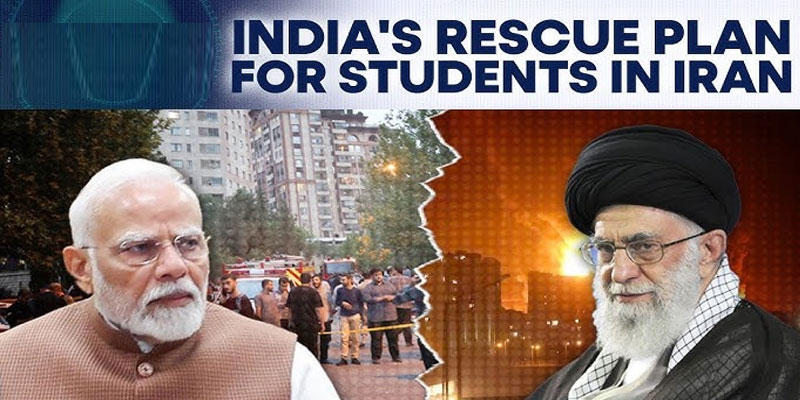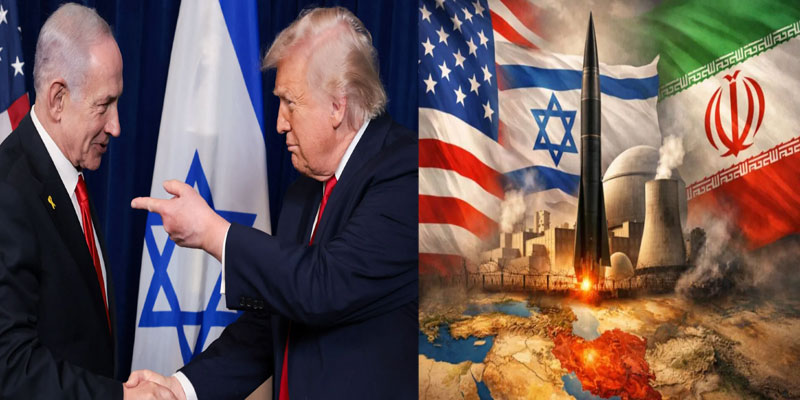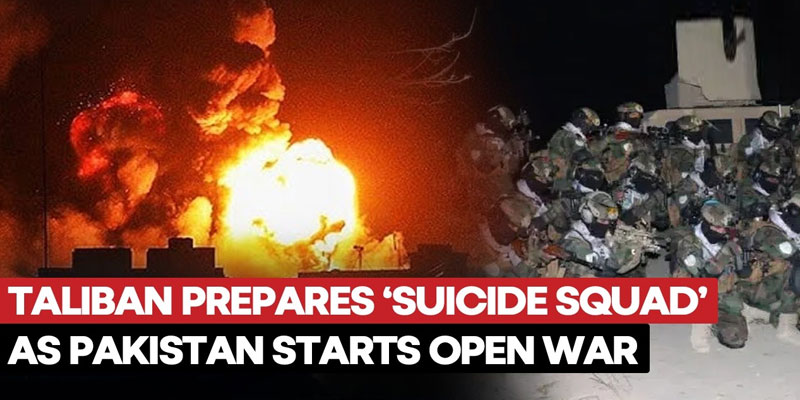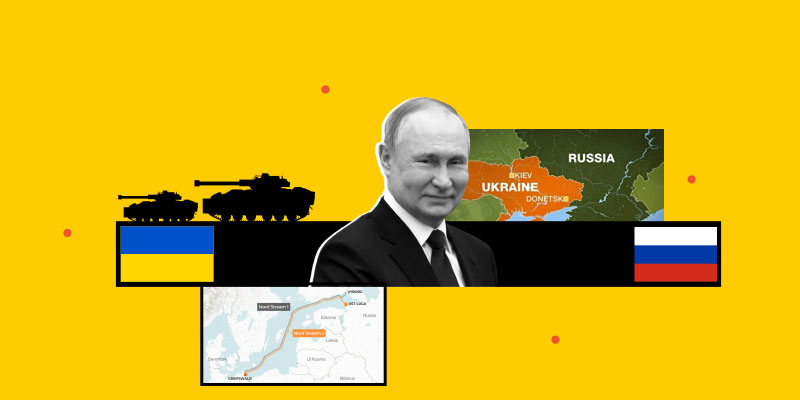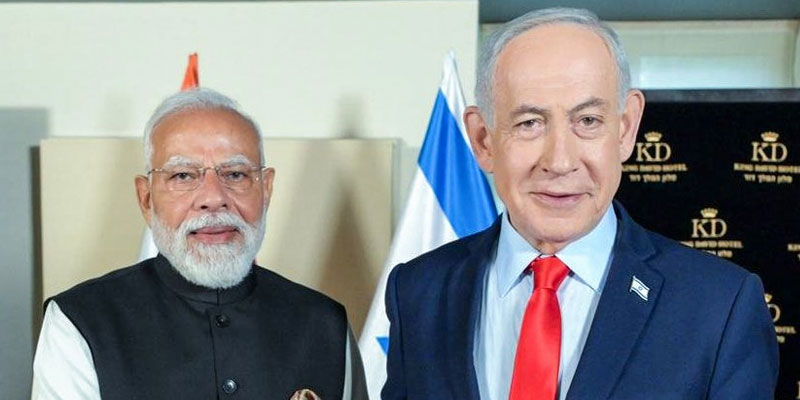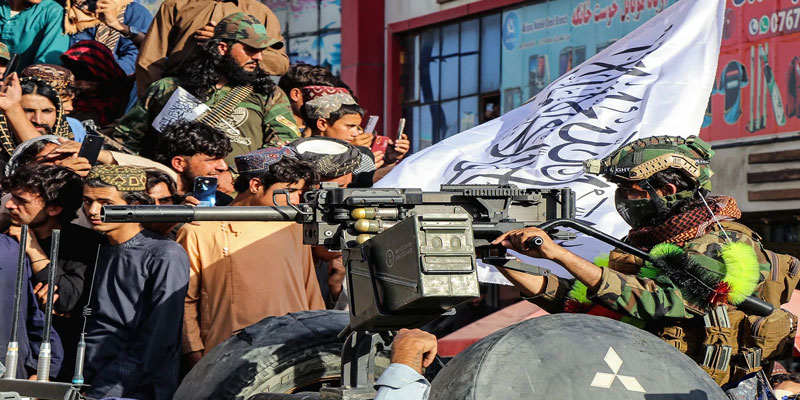The Power and Purpose of BRICS
BRICS—originally a bloc of emerging economies comprising Brazil, Russia, India, and China—was formed to provide a counterbalance to Western-dominated global institutions. South Africa joined in 2010, evolving the group into BRICS. Over time, BRICS has emerged as a powerful collective advocating for equitable global governance, economic collaboration, multipolarity, and inclusive development.
Founded in 2006 during the UN General Assembly sidelines and hosting its first summit in 2009, BRICS has since grown into a key voice for the Global South. Its members account for over 40% of the world’s population and nearly a quarter of global GDP. BRICS focuses on reforming multilateral institutions, driving sustainable development, and championing peace, security, and technological cooperation. At the 17th BRICS Summit in Rio de Janeiro, India’s Prime Minister Narendra Modi reaffirmed these core values while steering discussions towards terrorism, multilateral reform, and the future of artificial intelligence.
PM Modi’s Call: Reform, Resilience, and Responsibility
Addressing the summit’s key session on “Peace and Security and Reform of Global Governance,” Prime Minister Modi described terrorism as a "grave threat to humanity" and welcomed BRICS’ unified condemnation of the April 22 terror attack in Pahalgam, India. Framing terrorism as an attack on humanity itself, Modi called for the harshest action against those who fund, harbor, or promote it.
Beyond counterterrorism, the Prime Minister emphasized that existing global institutions are increasingly ill-suited for modern challenges—especially for the needs of developing nations. "The global organisations of the 20th century lack the capacity to deal with the challenges of the 21st century," Modi asserted. He highlighted how bodies like the UN Security Council, World Bank, IMF, and cneed urgent reform to reflect today’s geopolitical realities and address the legitimate aspirations of countries from Africa, Asia, and Latin America.
Strengthening the Global South’s Voice
India’s commitment to the Global South was a cornerstone of Modi’s speech. With many developing nations facing severe challenges—climate change, unequal access to technology, and imbalanced economic power—the Prime Minister called for a more inclusive and multipolar world order.
In a significant gesture of solidarity, BRICS leaders adopted language reinforcing the need for reform of the UN and its Security Council. Paragraph six of the joint declaration strengthened prior commitments by highlighting India and Brazil’s growing role in international affairs and reaffirming the need for increased representation of the Global South. The declaration stated:
“We reiterate our support for a comprehensive reform of the United Nations, including its Security Council… to increase the representation of developing countries in the Council's membership… including BRICS countries, to play a greater role in international affairs.”
This reflects India’s long-standing campaign for a permanent seat at the UN Security Council and signals growing BRICS support for a broader realignment of global power structures.
Embracing Innovation: Artificial Intelligence and Science Cooperation
In a forward-looking move, PM Modi proposed the creation of a science and research repository within BRICS to focus on securing critical mineral supply chains. He also urged the bloc to cooperate on “responsible AI”—a key theme of this year’s summit.
In a joint move, BRICS adopted the Leaders’ Statement on the Global Governance of Artificial Intelligence, laying a foundation for ethical AI development across member nations. This initiative is intended to ensure that AI technologies benefit all, rather than exacerbate inequality or geopolitical tensions.
Additionally, the summit endorsed the BRICS Leaders’ Framework Declaration on Climate Finance, underlining the group’s shared commitment to inclusive sustainability.
What’s New: BRICS Expands Again
Perhaps the most striking feature of the 17th Summit was the ongoing expansion of BRICS. In 2024, Egypt, Ethiopia, Iran, and the UAE joined the bloc as full members. Now, in 2025, Indonesia has officially become the latest full BRICS member. Alongside this, ten more nations—Belarus, Bolivia, Kazakhstan, Nigeria, Malaysia, Thailand, Cuba, Vietnam, Uganda, and Uzbekistan—have been inducted as BRICS partner countries.
This expansion reflects BRICS’ growing relevance and its desire to build a larger, more inclusive platform for the Global South. PM Modi described the expansion as evidence of the bloc’s adaptability and global appeal. “Now, we must demonstrate the same determination to reform institutions like the UN Security Council, the WTO, and Multilateral Development Banks,” he urged.
He also made a pointed analogy to the digital era, stating: “You can't run 21st-century software on 20th-century typewriters.”
The inclusion of new members and partners significantly strengthens BRICS’ global clout and transforms it into a more formidable force capable of influencing everything from climate policy to tech governance.
Looking Ahead: Climate, Health, and Pro-Planet Growth
Looking to the future, PM Modi is set to address BRICS sessions on environment, climate goals, and global health. He will reiterate India’s commitment to sustainable development through initiatives like:
· International Solar Alliance (ISA)
· Coalition for Disaster Resilient Infrastructure (CDRI)
· Global Biofuels Alliance
· International Big Cats Alliance
· Mission LiFE (Lifestyle for Environment)
These programs showcase India’s proactive leadership in environmental diplomacy, aimed at combining pro-planet and pro-people growth models.
BRICS as the Engine of a New Global Order
The 17th BRICS Summit marks a pivotal shift in the bloc’s trajectory. Once seen as a loose coalition of emerging economies, BRICS is fast becoming a platform for systemic transformation. With expanding membership, enhanced focus on technology, security, and sustainability, and a unified call for institutional reform, BRICS is no longer just reacting to global dynamics—it’s reshaping them.
India, under PM Modi’s leadership, has emerged as a key voice within this transformation—bridging the needs of the Global South with the opportunities of a multipolar world. From tackling terrorism and AI governance to pushing for UN reform and promoting inclusive growth, BRICS 2.0 is positioning itself not just as an alternative—but as a necessary pillar—for a fairer, balanced global order.
As Modi declared, it’s time to stop using outdated tools for modern problems. The BRICS nations are building a toolkit designed for the 21st century—and the world is watching.
(With agency inputs)



